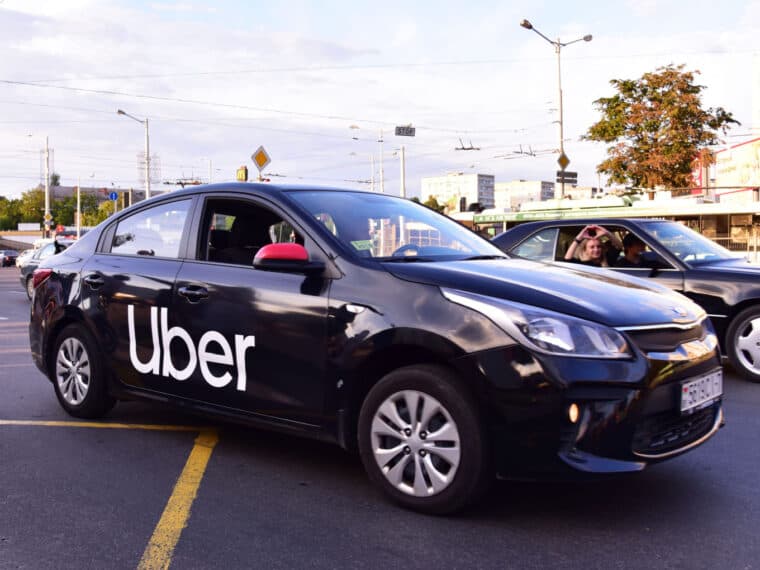
The apex court also asked the state government to frame an appropriate policy for cab aggregators in line with the Centre’s guidelines
Uber is plying its trade in Maharashtra under a provisional licence which was awarded to it following a Bombay High Court order in March 2022
Before the licencing row, cab aggregators were operating with the licences provided to them under the Maharashtra City Taxi Rules, 2017
The Supreme Court of India asked Uber India to apply to the Maharashtra government by March 6 to seek valid licences to continue operations in the state. The state government has been allowed two weeks to decide on Uber’s application.
Further, the court has also asked the state government to frame an appropriate policy for cab aggregators in line with the Centre’s guidelines for the same. For now, the Motor Vehicle Aggregator Guidelines 2020 would hold the field, the Supreme Court added.
“You [Uber] apply for a licence or adhere to guidelines … You cannot operate under an interim order of the court. You cannot work as an aggregator without a licence and that is a statutory mandate… We are of the view that interim order permitting them to operate without a licence cannot stand, as an aggregator cannot work in absence of a licence. Uber to apply for a licence within a period of three weeks, on or before March 6, 2023,” said a Bench led by Chief Justice of India DY Chandrachud.
Uber is plying its trade in Maharashtra under a provisional aggregator licence, which was awarded to it following a Bombay High Court order in March 2022. The CJI-led bench also pulled up the Maharashtra government for the uncertainty.
“The indecision of the state government leads to uncertainty in the business of aggregators, which is best avoided. We also don’t want Uber to come to a halt. You must decide quickly. Problems arise as you don’t make rules,” the CJI told the Maharashtra government counsel.
Last year, the apex court had ordered status quo on a Bombay High Court order that had directed cab aggregators to apply for licences following the central government’s aggregator guidelines notified in 2020.
In March 2022, the Bombay High Court asked the aggregators to obtain licences by the rules framed by the central government within a week, since the Maharashtra government was yet to formulate its cab aggregator norms.
Before the licencing row, the cab aggregators including Uber and Ola were operating in the state with the licences provided to them under the Maharashtra City Taxi Rules, 2017.
Maharashtra is one of the many states where app-based vehicle aggregators have faced licencing issues amid a lack of regulatory clarity.
In October last year, the Karnataka government briefly banned auto-rickshaw aggregators as there were no licencing norms for those types of vehicles. Similarly, the Maharashtra government also banned the bike taxi aggregator Rapido, which has since moved the Supreme Court.































 Ad-lite browsing experience
Ad-lite browsing experience